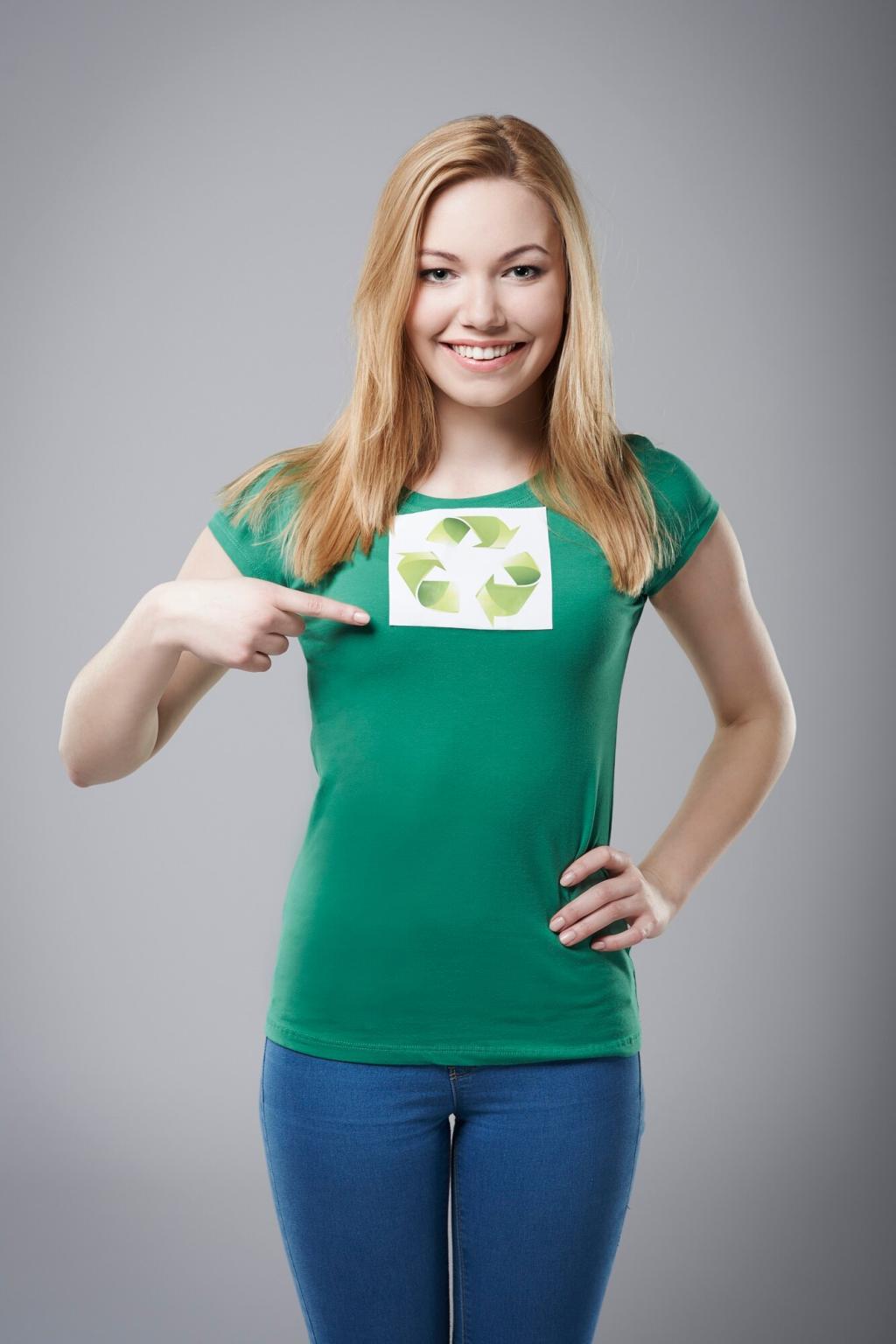
Guide to Ethical Clothing Brands
Discovering and supporting ethical clothing brands is an essential step toward fostering a more sustainable and responsible fashion industry. This guide delves into what makes a clothing brand ethical, how to identify genuinely responsible companies, and why your choices as a consumer matter. By empowering yourself with knowledge, you can make purchasing decisions that align with your values, contribute to positive change, and help reduce the social and environmental impact of the apparel industry. Read on to explore the principles, challenges, and pioneers in ethical fashion.
Understanding Ethical Fashion
Defining Ethical Production
Ethical production in the fashion industry goes beyond basic compliance with laws. It includes ensuring fair wages, safe working conditions, and respect for workers’ rights at every stage of the supply chain. Brands earning the ethical label are transparent about their sourcing and manufacturing, working directly with suppliers to uphold high standards. They take proactive measures against exploitation, gender discrimination, and unsafe labor practices. Ethical production also extends to animal welfare, where brands avoid animal testing and opt for cruelty-free alternatives. Ultimately, ethical production is rooted in a holistic respect for people and planet throughout the clothing lifecycle.
The Importance of Transparency
Transparency is a cornerstone of ethical fashion, as it builds trust between brands and consumers. Responsible companies share detailed information about their supply chains, including factory locations, labor conditions, and environmental impact. This openness allows shoppers to make informed decisions and encourages brands to continually raise their standards. True transparency means providing access to both successes and challenges, not shying away from areas that need improvement. Brands that embrace this value set themselves apart in an industry often criticized for secrecy and exploitation.
Prioritizing Sustainable Materials
Sustainable materials are essential to ethical clothing, as conventional textiles heavily contribute to pollution, resource depletion, and waste. Ethical brands select materials that have a lower environmental footprint, such as organic cotton, recycled fibers, and innovative plant-based textiles. Their commitment to sustainability often includes supporting regenerative agriculture and reducing water, energy, and chemical use in production. By choosing clothing made from responsible materials, consumers help drive the demand for greener alternatives and signal a preference for planet-friendly fashion.

Recognizing Truly Ethical Brands
Avoiding Greenwashing
Greenwashing occurs when brands promote themselves as ethical or sustainable without making meaningful changes to their practices. It can involve vague language, selective disclosures, or misleading imagery. As a consumer, recognizing greenwashing means digging deeper than slogans or flashy campaigns. Genuine ethical brands provide concrete evidence of their efforts, such as measurable impacts and verifiable initiatives. Questioning claims and seeking independent information is crucial, as transparency is often the dividing line between sincere commitment and marketing spin.
Key Indicators of Responsibility
Certain hallmark practices set ethical brands apart in a crowded marketplace. These include paying living wages throughout the supply chain, publishing detailed audit reports, investing in community development, and fostering diversity. Responsible brands are proactive in their environmental stewardship, aiming for a circular economy through takeback programs or closed-loop production. They solicit feedback, collaborate with NGOs, and engage in continuous improvement. By examining these indicators, shoppers can confidently identify brands that genuinely prioritize ethical principles over mere compliance.
The Role of Certifications
Third-party certifications provide credible, independent evaluations of a brand’s adherence to ethical standards. Certifications such as Fair Trade, Global Organic Textile Standard (GOTS), and B Corp help verify claims related to fair labor, environmental sustainability, and social responsibility. Reputable brands are proud to display and explain their certifications, as they reinforce trustworthiness and accountability. Understanding these certifications can empower consumers to support brands with proven track records, helping raise the bar across the industry.
The Impact of Supporting Ethical Brands
When you support ethical brands, your choices have a direct impact on the lives of garment workers and their communities. Fair wages, safe working conditions, and respect for rights mean workers can support their families, access education, and invest in their futures. Ethical brands also foster community development, offering training, healthcare, and opportunities for advancement. By choosing these brands, consumers help dismantle exploitation and create pathways for empowerment that go beyond the factory floor, supporting a more just and inclusive fashion industry worldwide.

